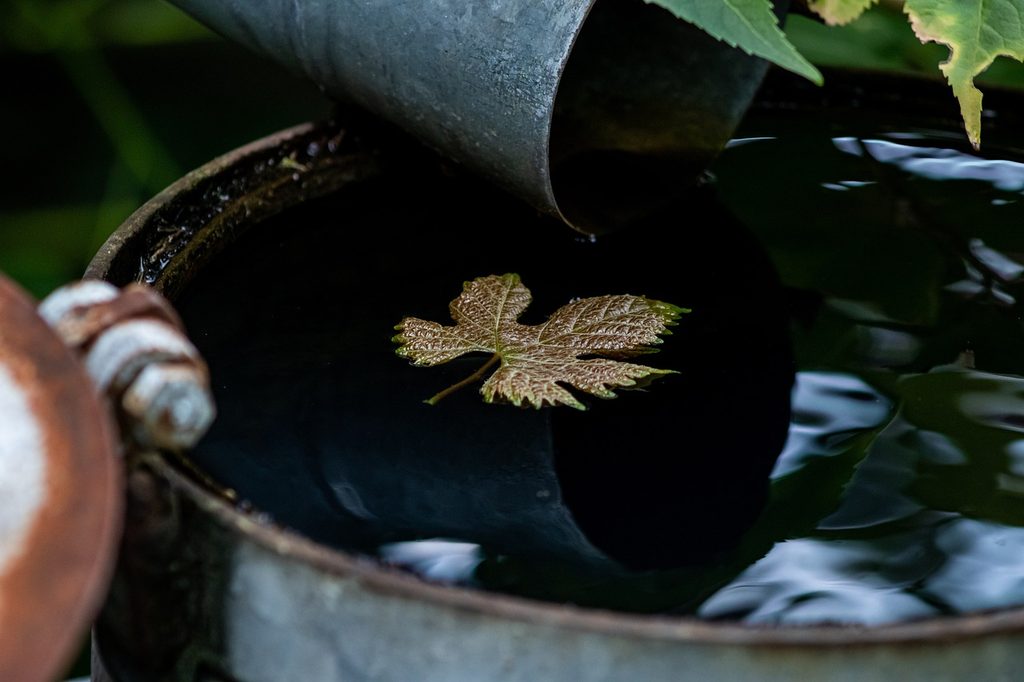
As more gardeners look for easy ways to help the environment, collecting rain water has become more popular. While anyone can compost to reduce food waste or plant trees to absorb carbon, setting up a rain barrel has added benefits for gardeners. This is especially true in states with a higher risk of drought, as rain barrels can allow their gardens to flourish even amid water shortages. However, some people have been wondering: Is it illegal to collect rainwater? We’ve got everything you need to know to feel confident setting up your rain barrels.
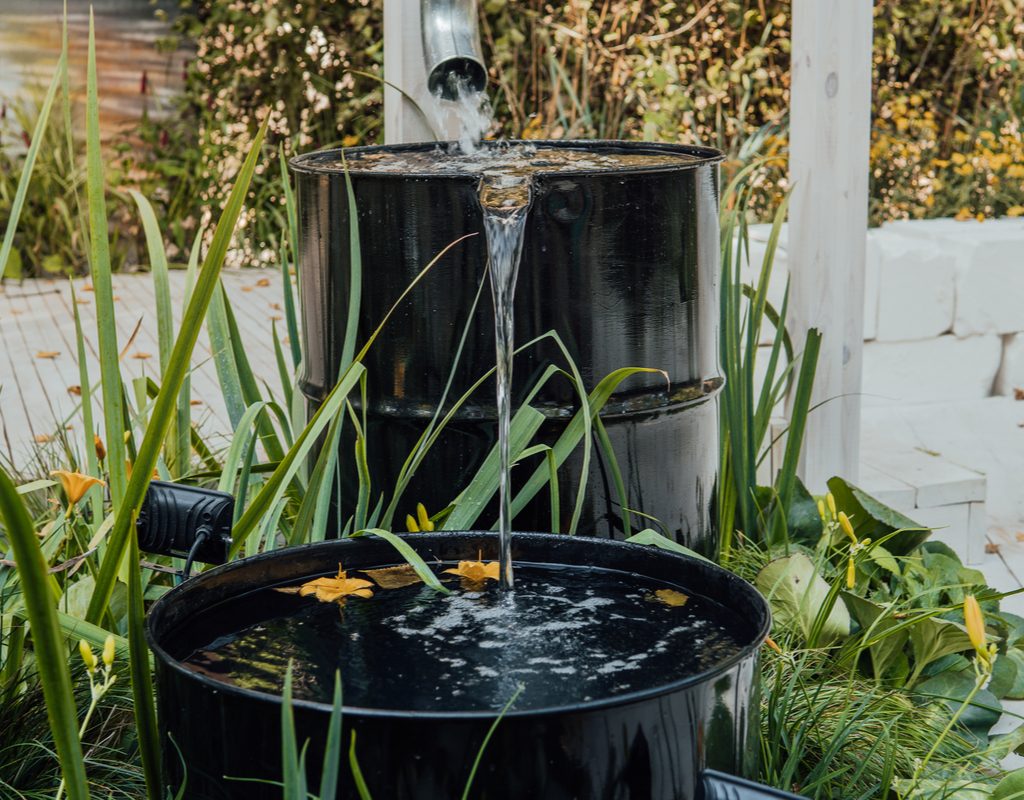
Is it illegal to collect rainwater?
In most cases, no, it is not illegal to collect rainwater. However, there are some places with regulations or limitations. There are no federal laws about collecting rainwater, which means it’s left to each state. Additionally, there may be restrictions at the county or city level, or even from your Homeowner’s Association.
Since the rules and restrictions can come from so many different places, it can be difficult to determine what rules might apply to you. There is some comforting news: There aren’t any states where it is entirely illegal to collect rainwater.
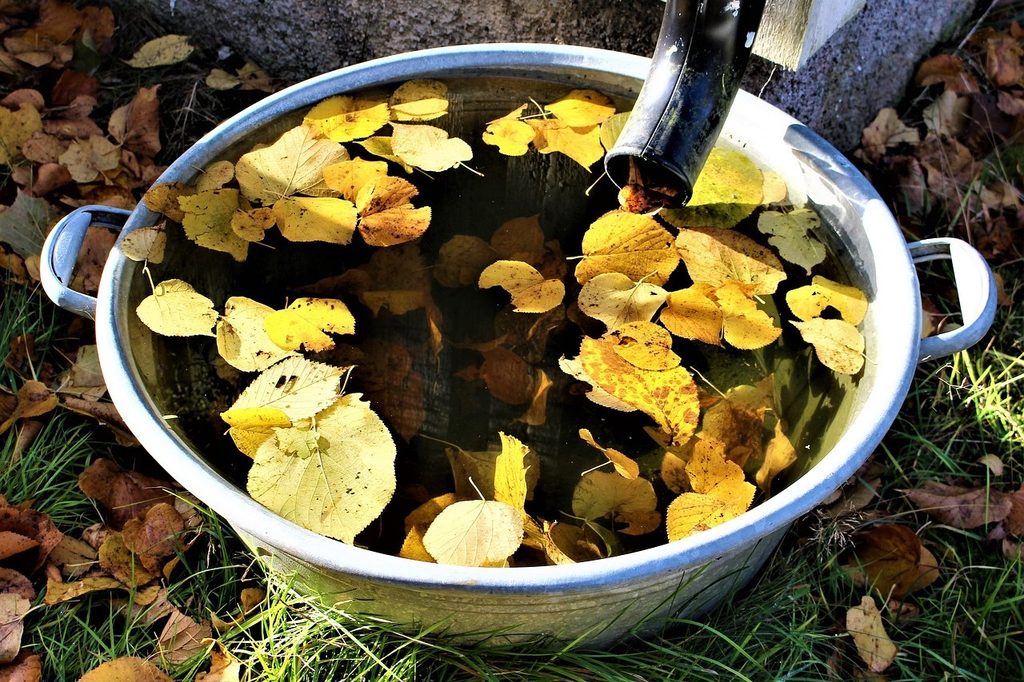
How do you know what rules apply?
If you aren’t certain what restrictions may apply to you, reach out to your local government. You should be able to find the information on the official government website, but if you have difficulty finding it then don’t hesitate to call or email them. Your city, county, or state government will be able to provide you with clear answers to help you collect rainwater safely.
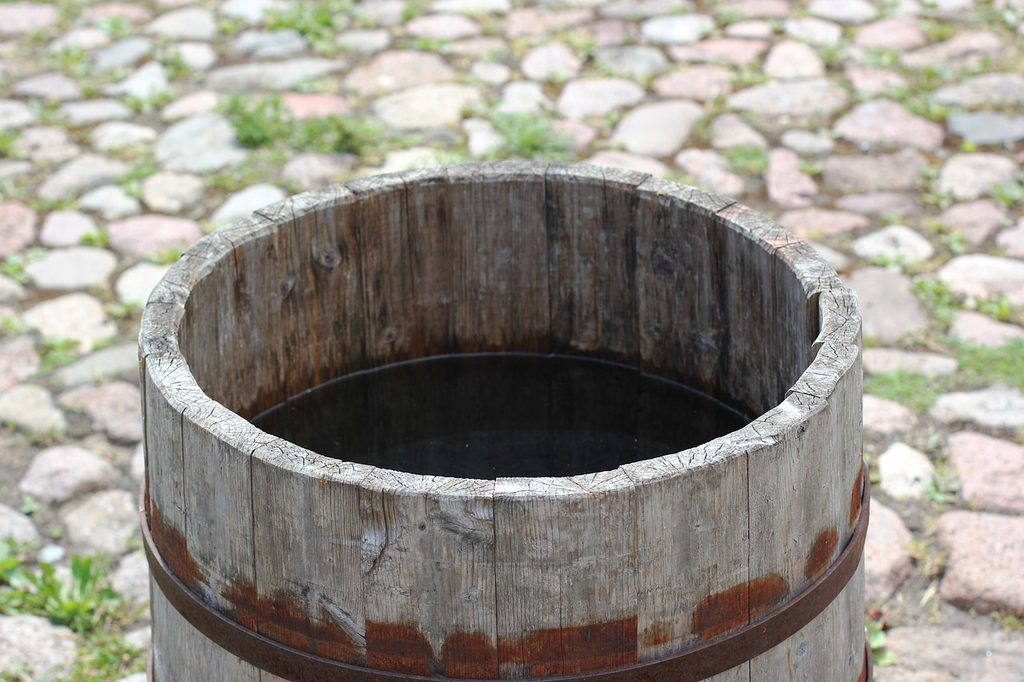
What regulations are in place?
The strictest regulations are in Colorado, where residents are allowed up to two rain barrels with a combined capacity of 110 gallons. Utah allows rainwater collection up to 2,500 gallons, as long as the collector is registered with the Division of Water Resources. Limits to the use of the water typically include whether the rainwater can be used as drinking water. However, cleaning and watering a garden are generally not regulated.
Collection method regulations come in a few forms. Some states and HOAs may require a professional system rather than a homemade one. Others specify that rainwater can only be collected before it enters a waterway. Oregon only allows rooftop collection methods, so a standard system of rain gutters draining into a rain barrel is legal, but a free standing tank would not be.
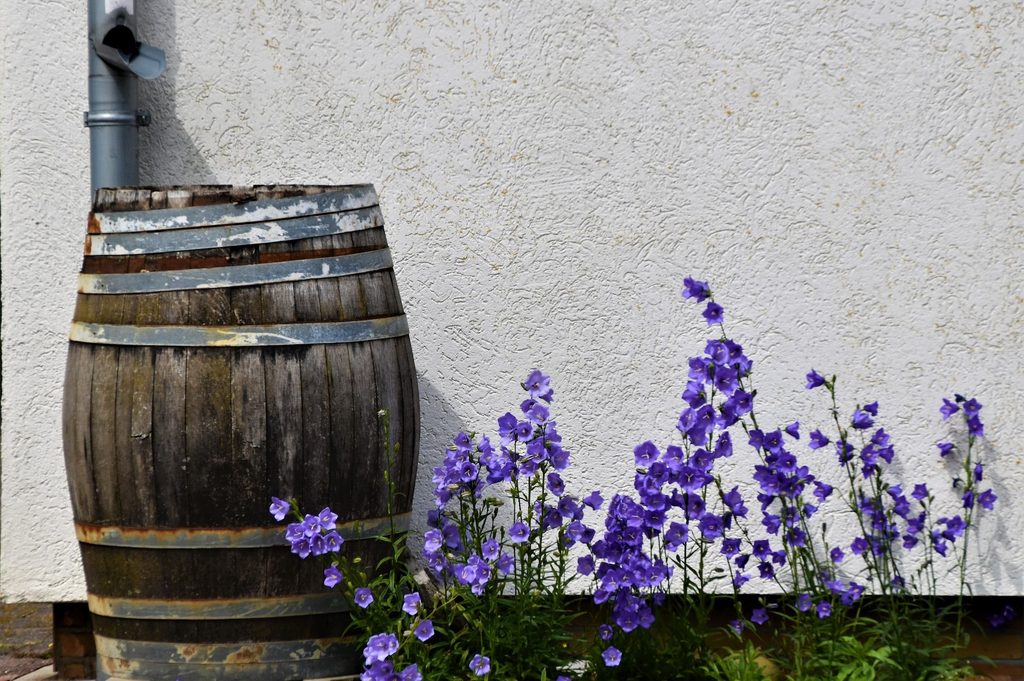
Are there any incentives to collect rainwater?
In addition to the ecological benefits, some states offer grants, tax credit, or other incentives to collect rainwater. Many states encourage rainwater collecting, and some even offer assistance in setting up a system. Contacting your local government to see what’s available is certainly worth it!
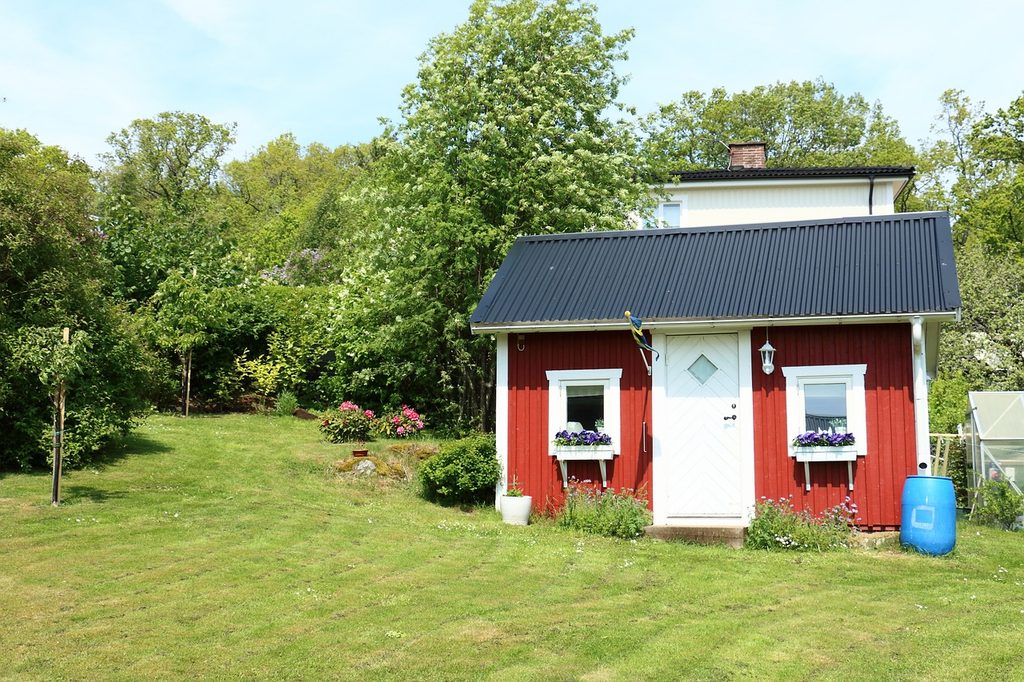
Is it illegal to collect rainwater on a rental property?
In general, it is illegal to collect rainwater on someone else’s land. The easiest solution for renters is to ask the property’s owner. As long as the owner is alright with it and you don’t damage to property while setting up your rain barrel, you’re good to go! You may want to ask for written permission, just in case there’s some confusion later on. Additionally, check your rental agreement. There may already be information about water collection in your agreement. If you’re in the process of looking for a new home to rent, ask about rain barrels while touring locations. You may just get lucky and find a home with a rain barrel already installed!
Overall, collecting rainwater is legal and helpful for the environment, but you may want to contact your local government for details. There may be some additional regulations, or even beneficial incentives. Wanting to protect the environment is admirable, and now you know how to do it correctly!


